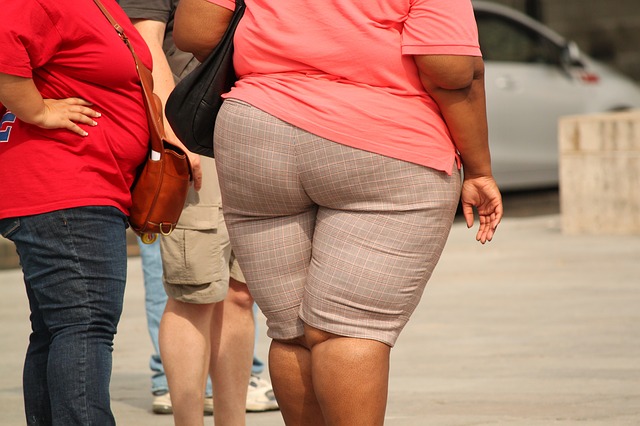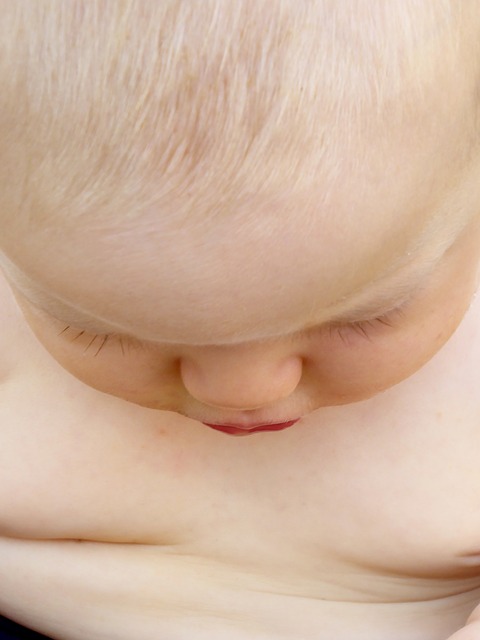According to a study, the best way to predict if a child will become fat or not is to simply look at the parents. The study is the first of its kind to document the influence of parents’ sizes on their children at very early ages.
It followed 854 boys and girls born in the late 1960’s through young adulthood. Other findings included that among kids under the age of 10, having an overweight parent can also roughly doubled the child’s risk of becoming a heavy adult, even if the youngster was normal in size.
”We were surprised to see how powerful this association is in early childhood,” said Dr. William H. Dietz of the New England Medical Center in Boston, a co-author of the study. ”It is much more powerful than the weight of the child.”
Many other studies have shown that overweight children are likely to grow up to be fat adults. But the new study tries to determine the influence of the child’s own weight and that of the parents.
It found that in early years, the child’s own weight is far less important than the parents’ in foreshadowing weight problems. But as adolescence approaches, the youngster’s weight becomes the overwhelmingly important factor.
Obesity runs in families both because children inherit a genetic tendency to be fat and because families share eating and exercise habits that make them put on weight. The study suggests that genes probably start to exert their influence early in life, while individual behavior plays a bigger role as youngsters get older.
The study provides one item of reassuring news for parents concerned that their roly-poly baby will grow up to be overweight.
”Normal-weight parents don’t have to worry about their heavy toddler growing up to be an obese adult,” said Dr. Robert C. Whitaker of Children’s Hospital Medical Center in Cincinnati, a co-author of the study.
The research found that at age 1 or 2, an overweight baby had only an 8 percent chance of growing up to be a fat adult if the child had normal-size parents. But if one of the parents was also obese, the risk grew to 40 percent.
By age 3 to 5, both the weight of the child and the parents showed their influence. At that age, an overweight child had a 24 percent chance of growing up to be fat, even if both parents were thin. This is the same risk as that of a normal-size child with an overweight parent.
The importance of overweight parents diminishes through the years. By the time a child is 10 to 14 years old, the child’s own weight appears to be the major determinant of later obesity.
If a child at this age is not overweight but has a heavy parent, there is only a 15 percent chance he or she will grow up to be obese. But when these children are overweight, the outlook is much different, regardless of their parents’ size. Even with normal-size parents, the risk of adult obesity is 64 percent, and with an overweight parent it increases to 79 percent.
The researchers said that while thin parents should not worry about their toddlers’ weight, overweight parents should probably try to do something if their youngsters look heavy. ”It doesn’t mean putting the kid on a diet,” Dr. Whitaker said. ”They should just do their very best to model the kind of diet and activity habits they’d like their children to grow up with.”
SOURCE: New England Medical Center, nytimes
To receive similar content, “Like” us on Facebook @ https://www.facebook.com/niagarabuzz.ca












